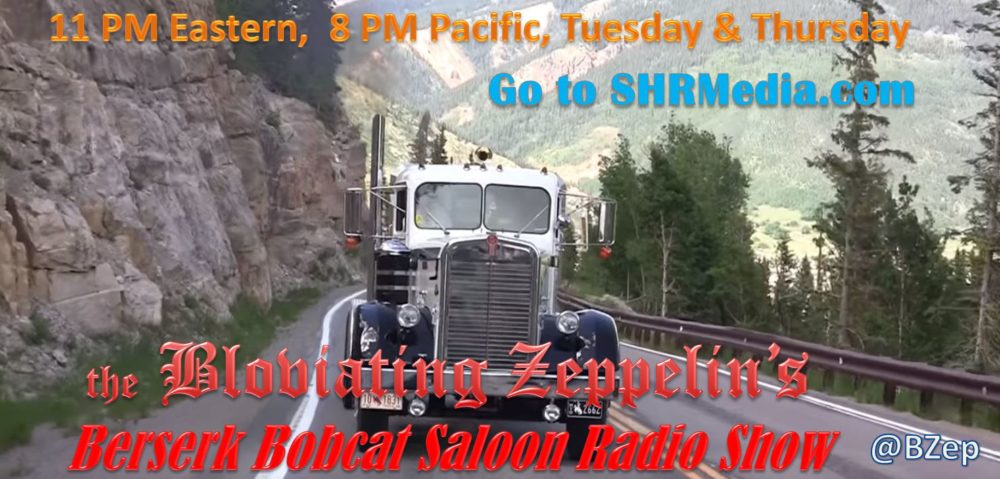As so-called Baby Boomers age, they are becoming more Conservative.
That, on its face, should come as no shock whatsoever.
However, with that in mind, the 2012 landscape could be altered in the United States.
The “front” of the Baby Boom, from 1943 to 1958 (and that would include me) were allegedly not as “wild” as their rep.
The bulk of Boomers are dissatisfied with Obama, with only 38% hoping he’d be re-elected.
That would be the 38% of those who believe in Unicorns.
Baby boomers who came of age during the social and political upheavals of the 1960s and 1970s tended to call themselves Democrats, and as time passed, that identification strengthened. In 1969, far more in the 18- to 29-year-old age cohort — the front end of the baby boom — called themselves Democrats (35%) than Republicans (21%). A decade later, when they were 28 to 39 years old, their identification with the Democratic Party over the GOP was even stronger (45% to 19% in Gallup’s surveys).
Further, check this:
The importance of the ’60s generation is magnified by its demographic weight. The near-olds vote in much higher numbers than some other groups. Census data from 2008 showed that 49% of the eligible voting-age population between the ages 18 and 24 turned out to vote, while 72% of the larger 55-to-63 group said they voted. The combined electoral heft of the near- and new-olds could dramatically alter the political landscape.
And finally:
Today both groups are deeply dissatisfied with President Obama. About 43% of those ages 50 to 64, and just 33% of those over 65, approved of Obama’s job performance, according to an August Gallup poll. A new poll from the Pew Research Center shows a fairly even division among registered voters in the 50- to 64-year-old baby boom group about reelecting Obama. Thirty-eight percent told the pollsters they would prefer to see him reelected while 42% would like to see a Republican candidate win. In 2008, the near-olds divided their votes between Obama and Sen. John McCain, making them more Republican than the population as a whole.
I was a liberal Democrat. A completely registered Democrat. A wonderfully and gleefully-registered Democrat. I graduated from CSUS. I lived in San Francisco, I grew my hair down to the small of my back, I grew my beard, I excoriated anything corporate. Until I encountered Ronald Reagan in 1980.
Things change. And they changed. When you have the ability to grasp a piece of property, when you have the chance to acquire a firm job, when you have the ability to secure a retirement, when you have the ability to confirm an actual bit of property you actually own. . .
Things change.
One’s work should = positive results.
BZ

